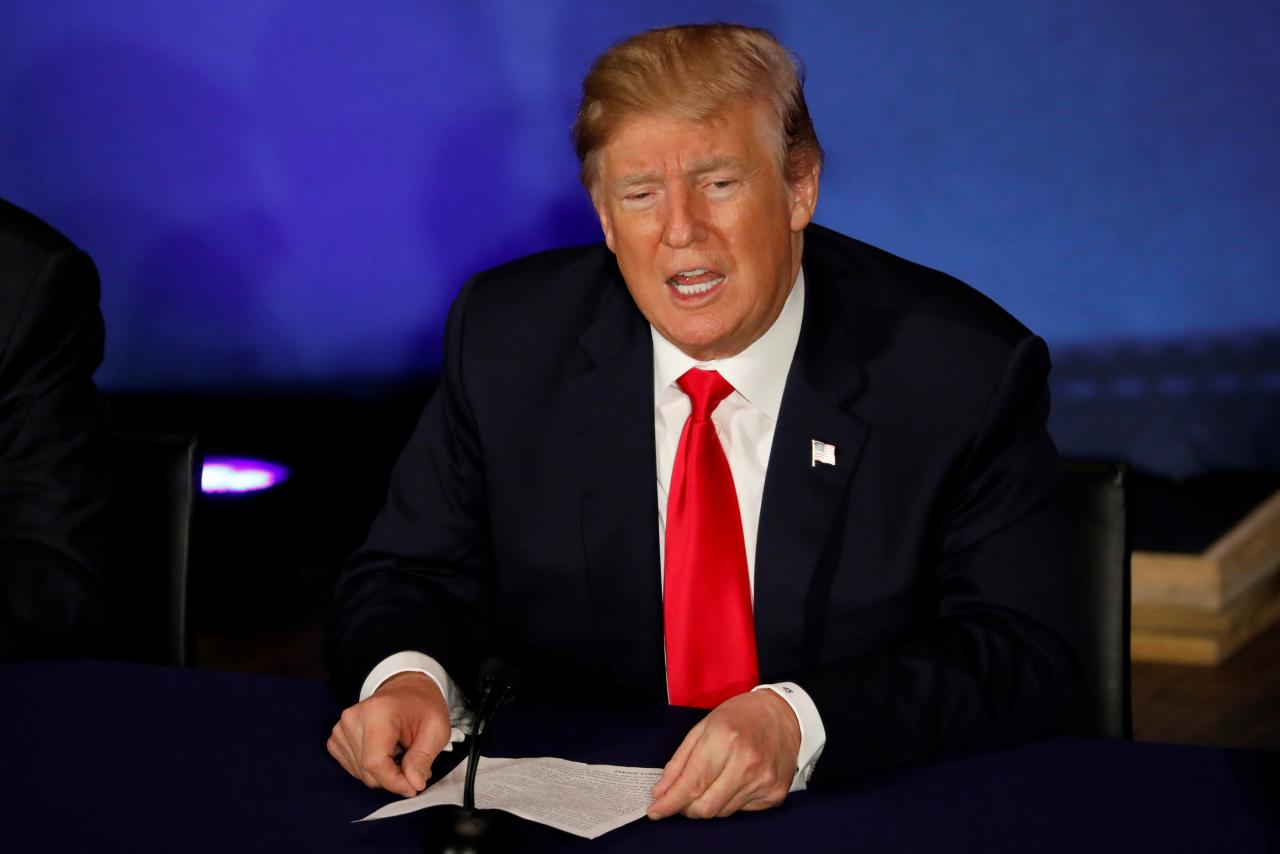
The administration has been clear to China, Iran’s top oil consumer, about no additional waivers to the sanctions after the ones granted last November, one of the senior officials said. “They’ve known about it, so to my knowledge that’s not being contemplated,” said the official, adding that ultimately questions about any wind-down period are for the State Department.
The State Department did not immediately respond to a request for comment.
Under US sanctions law, importers of Iranian oil including China, India and Turkey, could be allowed a wind-down period before getting to zero oil purchases, including a short-term waiver. Any wind-down measures would be different than the 180-day exceptions the Trump administration granted in November to China and seven other importers for significantly reducing oil purchases from Iran, measures set to end in May.
China has alternative oil suppliers including the United States and Saudi Arabia, said the officials, who spoke on condition of anonymity.
“We understand they don’t like this,” the official said about China’s aversion to sanctions on Iran from the United States alone. “But at the same time, they tend to act pragmatically and they are going to take what the best most reliable deal is.”
President Donald Trump left the Iran nuclear deal between Tehran and six world powers last May. Trump is now reapplying the oil sanctions, without exceptions, for reducing oil purchases, a step the Obama administration never took when it slapped sanctions on Iran. Trump says US sanctions on Iran are intended to curb its nuclear and ballistic missile programme and reduce its influence in Syria, Yemen and other countries in the Middle East.
Russia won't immediately raise oil output after Iran waivers end
Obama’s sanctions targeted only Iran’s nuclear programme. After the Trump administration announced on Monday its intent to sink Iran’s oil exports to zero, Iran’s Revolutionary Guards repeated a threat to block the Strait of Hormuz, a vital shipping route linking Middle East oil producers to markets in Asia, Europe and North America.
One of the Trump officials said such a move would hurt both Iran and its allies.
“Any attempt to disrupt freedom of navigation would be debilitating to Iran first and foremost ... and then to the range of the international community ... working hard to advocate on their side,” the official said. If China does not cut Iran oil purchases to zero, the Trump administration may have to make a decision on blocking Chinese banks from the US financial system. That could have unintended consequences for finance and business between the world’s two biggest economies, already in negotiations over trade disagreements.
Published in The Express Tribune, April 28th, 2019.
Like Business on Facebook, follow @TribuneBiz on Twitter to stay informed and join in the conversation.

1723278472-0/BeFunky-collage-(4)1723278472-0-165x106.webp)


1719564405-0/BeFunky-collage-(19)1719564405-0-165x106.webp)

1732486769-0/image-(8)1732486769-0-270x192.webp)










COMMENTS
Comments are moderated and generally will be posted if they are on-topic and not abusive.
For more information, please see our Comments FAQ